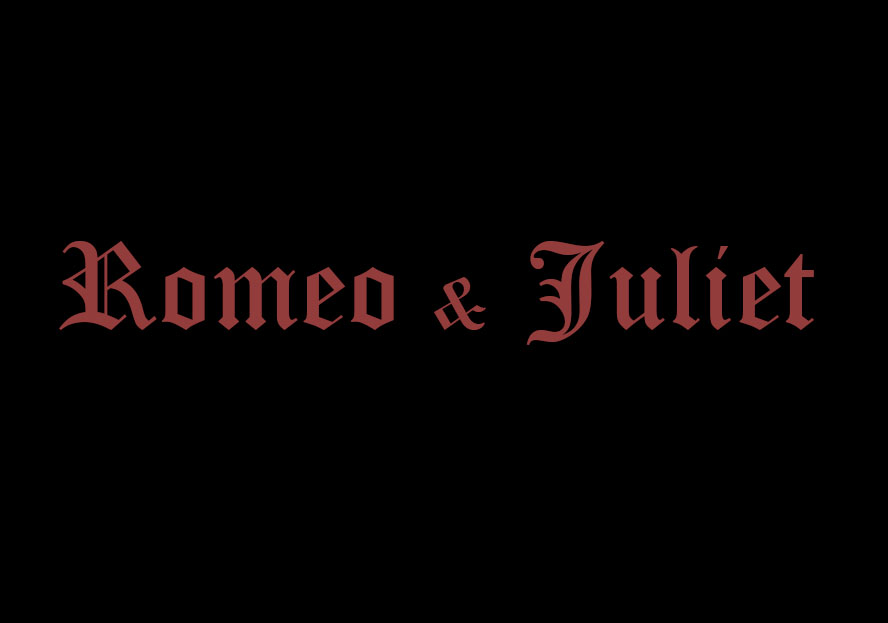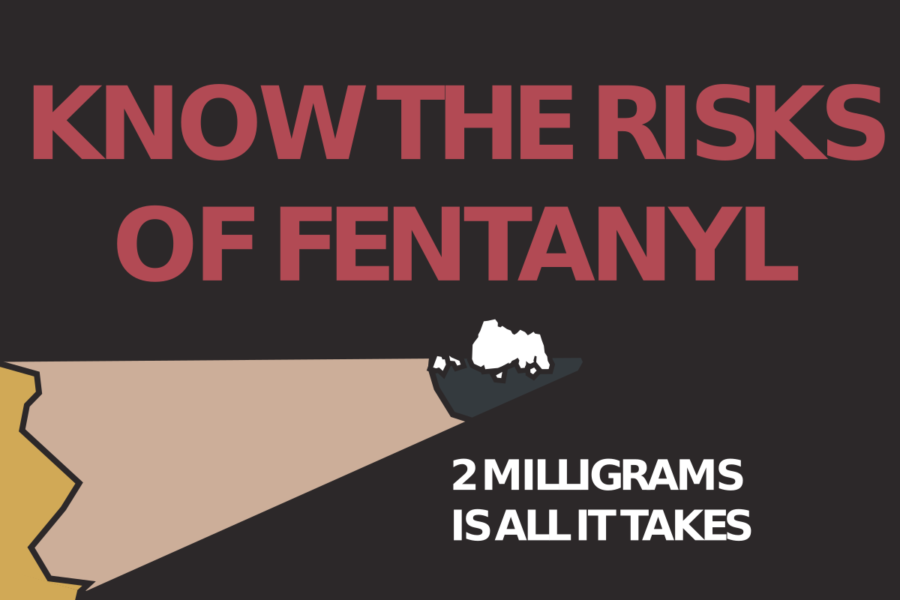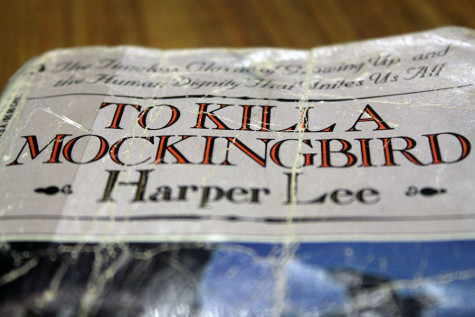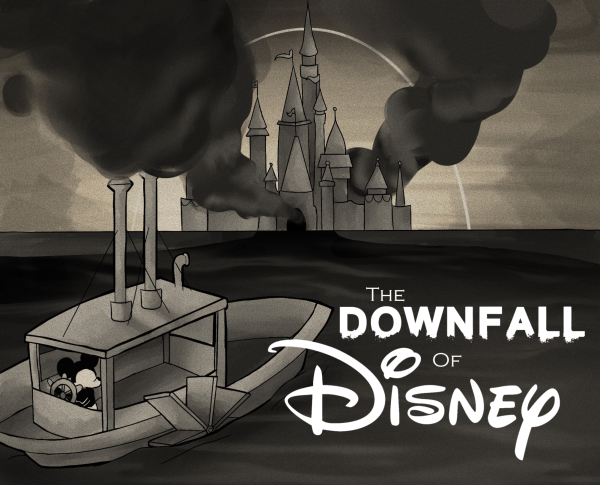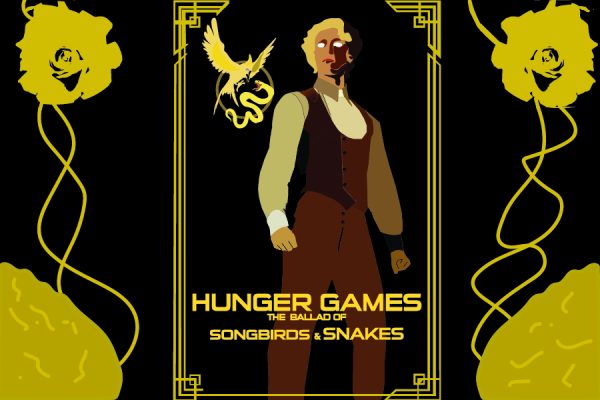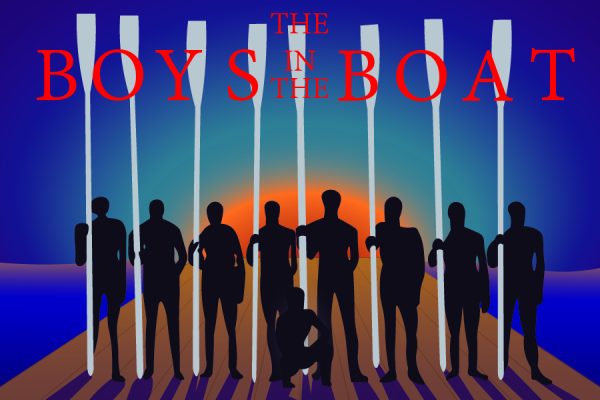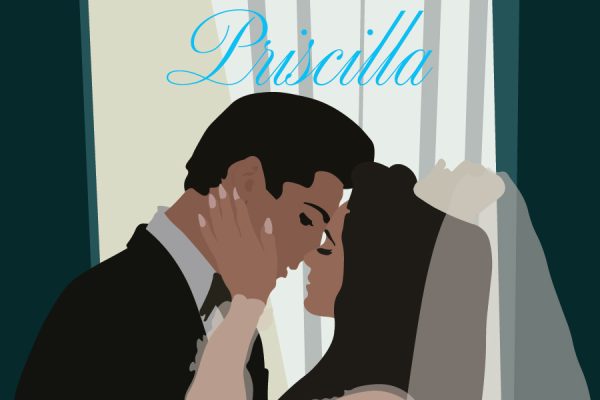The tale of Romeo & Juliet
The greatest love story of all time or just a bad romance?
“For never was a story of more woe than this of Juliet and her Romeo.” -William Shakespeare
February 12, 2015
It’s time to lay down the truth of the so-called classic play by William Shakespeare, going beyond what pop culture and high school English class has taught.
The Plot:
In basic terms, we begin with two very wealthy families, the Montagues and Capulets, who have been feuding for countless years. Back in Renaissance days, “feuding” meant “we-settle-arguments-by-slaying-each-other.” Not a good sign. In the beginning, Romeo gets dumped by his original love interest, Rosaline, so his friends decide to take him to crash a party, which just happens to be hosted by the Capulet family, his mortal enemies. Of course, there he meets Juliet, the Capulets’ only daughter. A few hours later, they’ve kissed, and a few days later, they decide to get married. Totally normal, right?
Of course, since no one in the opposing families wants their marriage, it puts a damper on things. Long story short, they both wind up dead. (Romeo kills himself, thinking Juliet is dead. But Juliet was only pretending to be dead. So then Juliet wakes up and decides she has to kill herself.) After learning of their deaths, the Montagues and Capulets decide to be friends, which would’ve been extremely convenient if they’d only decided to do this just three days earlier.
The Setbacks:
Forbidden love is always exciting to read about, and of course most other romance stories are stemmed from themes in this original story. However, the four-centuries-old-hype has gone too far. First off, Romeo & Juliet basically functions off the notion that “love at first sight” actually exists. It’s not too much of a stretch to expect that two hormonal teenagers were not in actual love with each other, instead mistaking it for physical attraction.
Several women have described their ideal partner as their “Romeo,” but do they really know what this means? They think of Romeo as romantic, passionate, someone who loves deeply. In reality, he’s a hyper, hormone-charged teenage boy who shouldn’t be allowed to wield a sword. (Too many people die in this play because of this.) It says in the story that he’s just been dumped by a girl that he claimed to love passionately. “One fairer than my love! the all-seeing sun/ Ne’er saw her match since first the world begun.” That’s right. He’s not comparing the wonderful Juliet to the sun in this line, he’s comparing Rosaline. Of course, the second Romeo gets dumped, he hones in on Juliet’s beauty, and “falls in love” quite easily once again.
Alternatives:
Romeo & Juliet should be respected in the fact that it sets the tone for how other authors would write their love stories, but that doesn’t mean it should be praised as the best.
While many would like to believe it, true love doesn’t happen overnight. It takes care and patience and nurturing. It takes time.
For those who are on the hunt for a tale of romance this Valentine’s Day, here are some alternatives to watching Romeo & Juliet remakes:
Jane Eyre by Charlotte Bronte; Pride & Prejudice by Jane Austen; Wuthering Heights by Emily Bronte; The Great Gatsby by F. Scott Fitzgerald; and Gone With the Wind by Margaret Mitchell.


